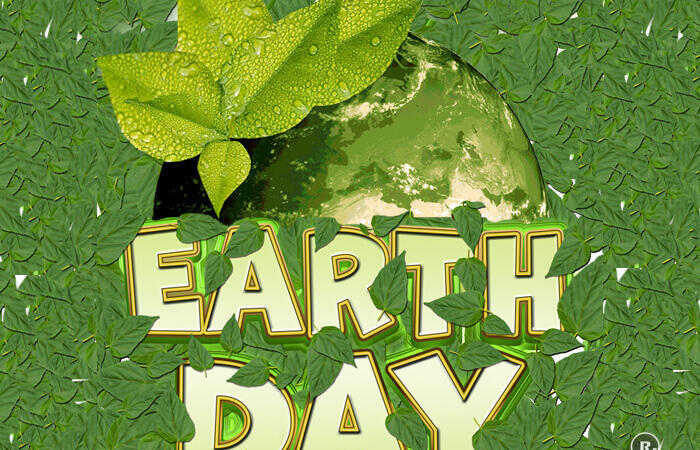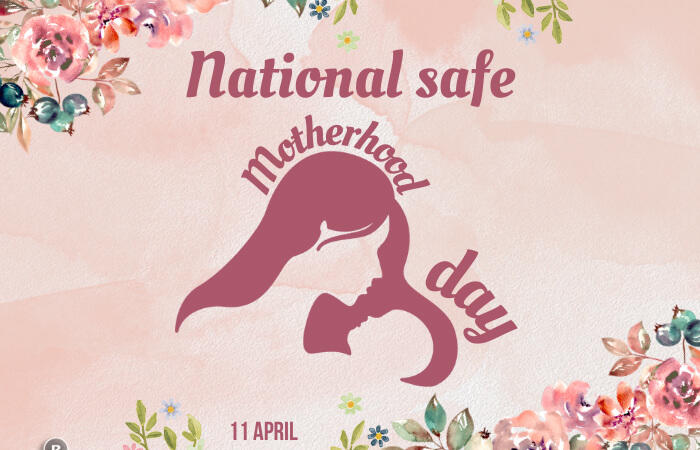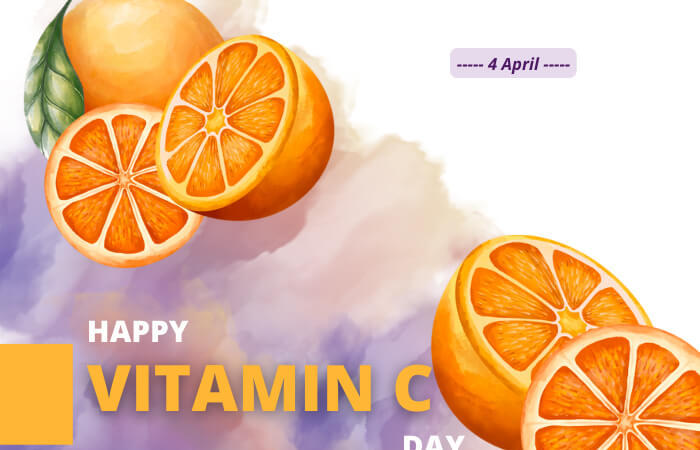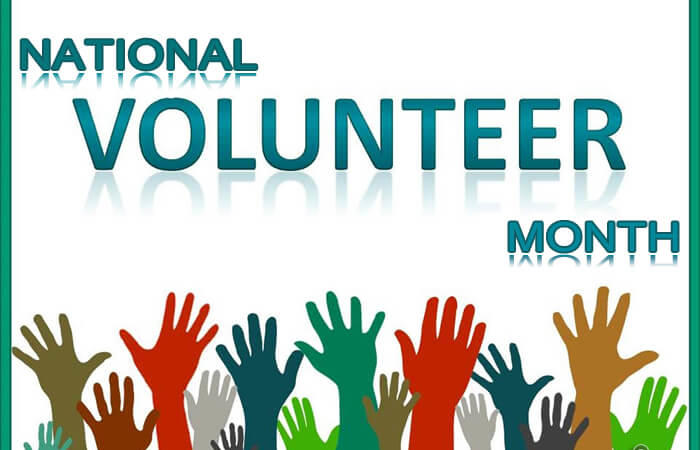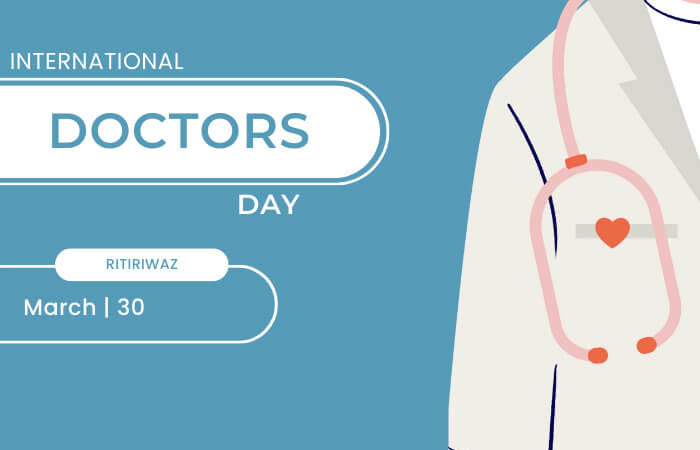World Immunization Week – Last Week Of April
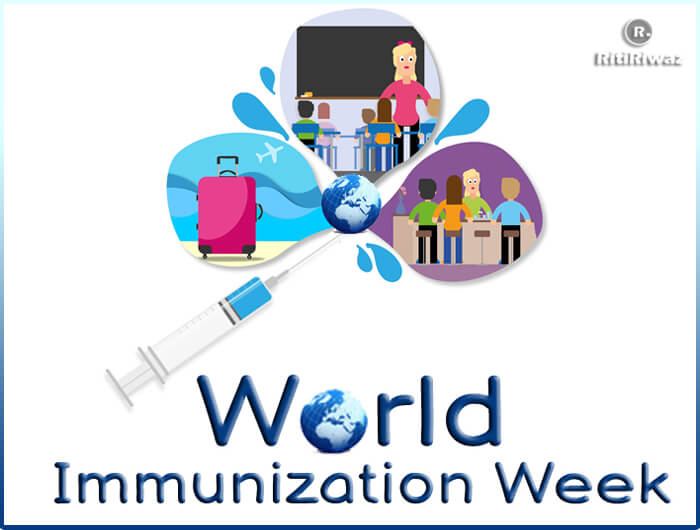
World Immunization Week is celebrated every year in the last week of April ( 24 to 30 April) and aims to promote the use of vaccines to protect people of all ages against disease. Immunization saves millions of lives every year and is widely recognized as one of the world’s most successful and cost-effective health interventions.
World Immunization Week is one of eleven official campaigns marked by the WHO, along with World Health Day, World Blood Donor Day, World No Tobacco Day, World Tuberculosis Day, World Malaria Day, World Patient Safety Day, World Hepatitis Day, World Antimicrobial Awareness Week, World Chagas Disease Day and World AIDS Day.
The theme of World Immunization Week 2021 was “Vaccines bring us closer”. The theme will urge greater engagement for immunization globally and bring people together, improving their health and wellbeing of everybody.
With the current COVID-19 pandemic the need for vaccination is refreshed but we also need to ensure that routine vaccination is not to be missed. To bring this pandemic to an end, a large share of the world needs to be immune to the virus. The safest way to achieve this is with a vaccine. With help of vaccines, we now have a way of ending this pandemic and rebuilding our lives.
What is immunization
Immunization is the process of helping an individual become immune or resistant to an infectious disease, typically by the administration of a vaccine. According to the World Health Organization, immunization is “a key component of primary health care and an indisputable human right.”
With the help of vaccines, we are able to progress without the burden of diseases like smallpox and polio. Annual flu shots greatly reduce the risk of influenza symptoms for people who receive the immunizations. Some vaccines are even able to help prevent or treat some forms of cancer.
How Vaccine works
Vaccines are a part of a healthy lifestyle at all ages. They protect individuals and the rest of the community. A vaccine works by introducing a small amount of weakened or mutated disease cells into the body. An immunization shot does not have enough disease cells to make a patient sick, but it has enough to help the body build antibodies that recognize and fight off disease. A vaccine may help the body know how to prevent certain diseases for an entire lifetime, or the patient may need a booster shot—or “reminder”—years later to keep the disease away.
For over 200 years vaccines have protected us against many life-threatening diseases. Vaccination has made an enormous contribution to global health. Two major infections, smallpox, and rinderpest have been eradicated. Global coverage of vaccination against many important infectious diseases of childhood has been enhanced dramatically since the creation of WHO’s Expanded Programme of Immunization in 1974 and of the Global Alliance for Vaccination and Immunization in 2000. Polio has almost been eradicated and success in controlling measles makes this infection another potential target for eradication.
It gives us a chance to reflect on the challenges and successes in eliminating preventable diseases. Vaccines are a part of a healthy lifestyle at all ages. They protect individuals and the rest of the community. They help prevent the spread of disease and protect people who can’t get vaccinated. That includes babies and people with immune deficiencies. Even if you get sick after getting vaccinated, it is harder for the disease to spread.
What can you do?
-
Make sure your family is up to date on vaccines. Talk to your healthcare provider, or check your records online.
-
Get vaccinated on time. It is best to go to your healthcare provider. You can also go to a children’s immunization clinic or a place that offers vaccines for adults.
-
Be a vaccine champion! Talk to your friends and family.
-
Only share reliable information, like info from your healthcare provider or the Health Department.
Suggested Read: World Malaria Day


